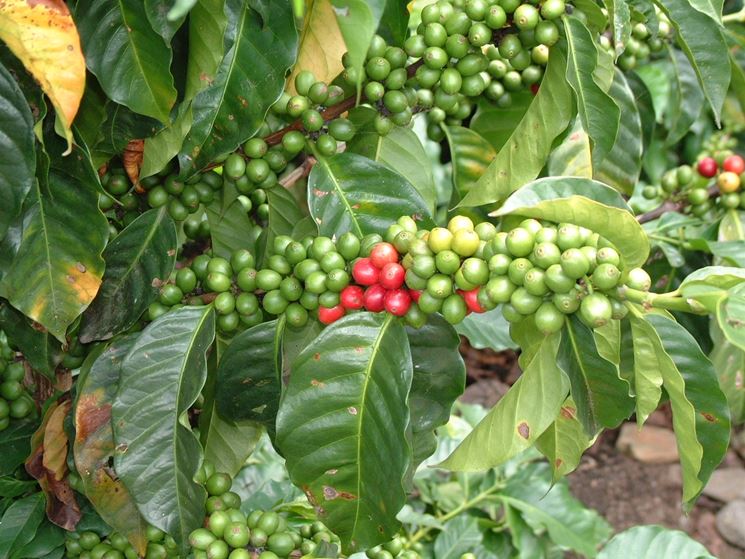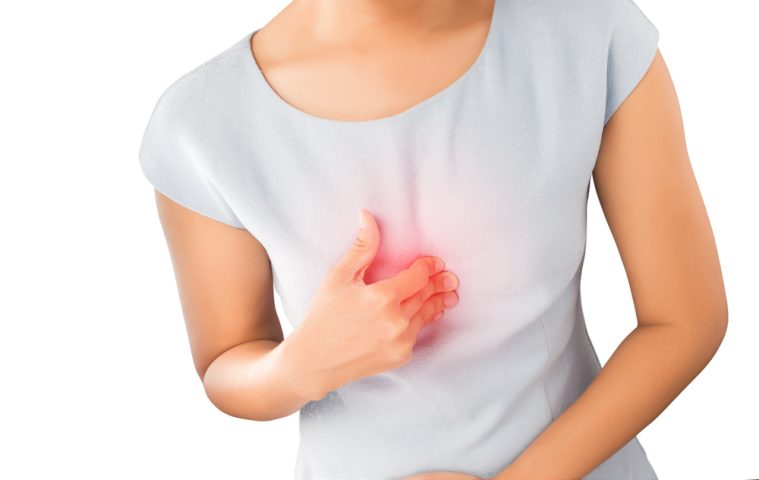Coffee is one of the most popular drinks in the world. Characterized by its intense and characteristic perfume, coffee becomes a element of sociality and rituality. Thanks to the coffee plant we can enjoy a heroic drink that sustains us from the morning, helping to get up, until the evening. Not only, the properties of this plant are capable of support and improve our psycho-physical performance and is proven as improve concentration both in physical disciplines and in various competition games, also like the ones on Desire of Winning Online Casinos.

Caffeine is the best known substance that characterizes the coffee and is also the substance that makes the coffee plant slightly toxic. Many plants in nature produce irritants in order to defend themselves, so does the coffee plant. In fact, caffeine keeps insects away to allow the plant to grow by acting as an insecticide. It is also contained in the leaves which, when they fall a Earth, they limit the development of other plants by ensuring water and substances nutrients to the coffee plant.
It is also addictive, in fact bees and other insects pollinators tend to prefer coffee flowers because they remain addicted from the caffeine contained in the nectar (we hope it is not the same for the giant hornet Asian). Caffeine acts on the cardiovascular system, urinary e nervous, but for humans and animals it becomes toxic only if ingested.
Given the spread of the fruit of the coffee tree, we can understand that caffeine has no lethal effects, but it can cause discomfort. Its toxicity, however, is linked to the amount of substance taken. After the studies conducted, the European Food Safety Agency, established in 4 cups the maximum number of coffees that can be drunk during a day. In fact, it has been established that the amount of caffeine for an adult is 400 milligrams and one cup contains da 70 to 100 milligrams of coffee.

However, coffee also produces benefits which often are element of discussion between doctors and admirers who would not like give up enjoying this little pleasure. Although the WHO has defined the coffee "component of the diet non-nutritive ", this substance contains nutrients and substances biologically active. In fact, the grain contains proteins, carbohydrates, minerals such as potassium, magnesio, fosforo, calcium and fiber.
The presence of chlorogenic acid is abundant, which stimulates a lipolytic action, that is, an aid in burning fat. In chemistry, caffeine is called an alkaloid, it varies according to the quality of the coffee and is responsible for the bitter taste of the drink. Caffeine is the exciting substance that has made coffee famous since ancient times for its stimulating properties. Some studies show that taking two cups of coffee a day would help reduce the risk of diabetes II. But it doesn't stop here, our super drink has proven in many studies, to have an effect protective for the liver by reducing the risk of cirrhosis and some forms of liver cancer, to the esophagus, al colon, prostate and some forms of melanoma.
The coffee tree has given us a fruit that it also has downsides. Most of these negative effects are found at the cardiovascular system and would also lead to an increase in LDL and cholesterol triglycerides. The consumption of coffee is also not recommended for women in expecting a baby because it would increase the risk of miscarriage, the advice is not to exceed three cups a day. Even during breastfeeding is strongly discouraged because, in the newborn, cause irritability and difficulty falling asleep.

As people with reflux know well gastroesophageal or gastric ulcer, coffee increases juice production gastric and should therefore be reduced. In addition, some studies highlight the interaction of coffee with the intake of certain drugs such as antibiotics. All in all we can thank the coffee plant and consider it an ally to which, however, do not give too much confidence.









Leave a Reply